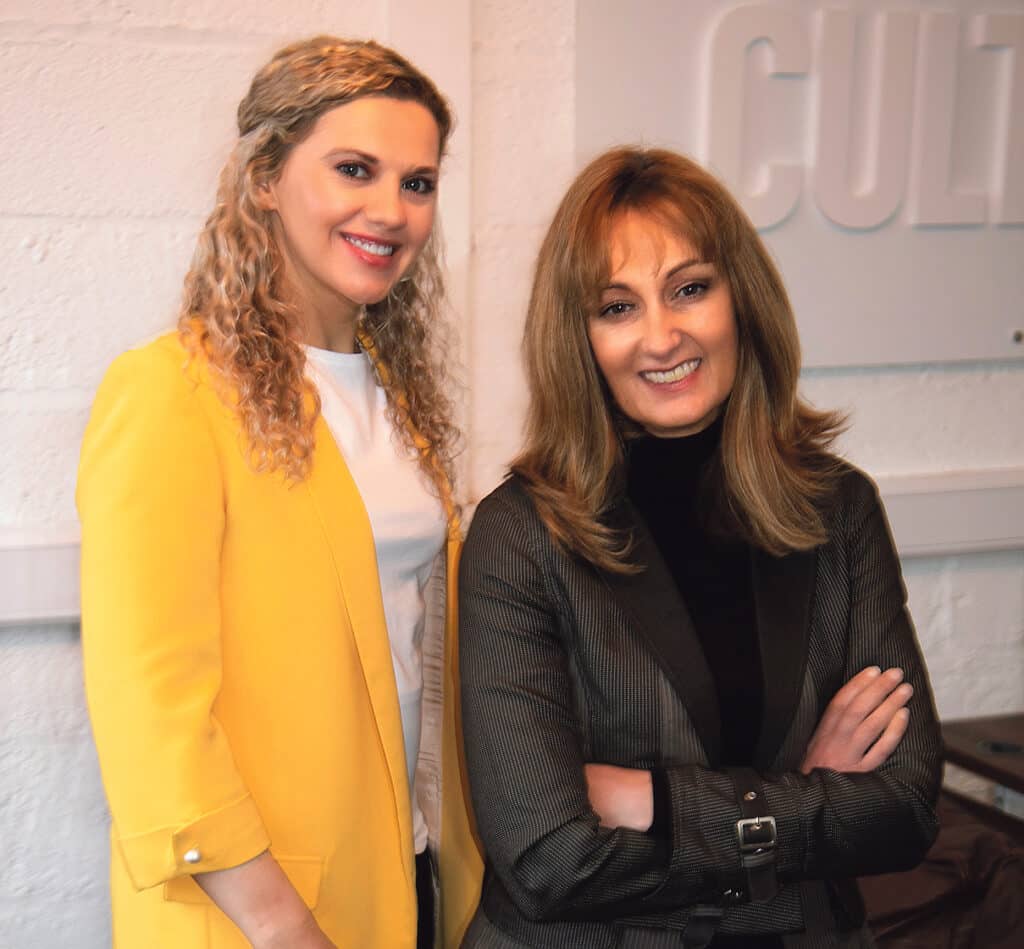Long before the four-day week became a serious discussion here in Ireland, West Cork-based recruitment company Employflex had been highlighting the advantages of flexibility in the workplace for both the employee and employer. Karen O’Reilly of Employflex shares some of the advantages for both employee and employer in having a flexible work culture that promotes equality and gives advice on how to start the discussion on getting a flexible working arrangement in place.

I founded Employmum back in 2016 when I sought flexible work to continue with my career and manage a decent work-life balance – my husband works aborad for nine months of the year so flexibility was really important to me with two small children at the time – we have since branched out to add Employflex to our offering, which opened up our flexible work to the whole market as many of our candidates are male.
Flexibility is the most requested job requirement from people seeking work at the moment, especially post covid, as people have got a taste for flexible work and have proven that it can be done.
The advantages to the employee are obvious; better work life balance, less stress, more time with family and more autonomy at work.
For employers, in the tight labour market that we are experiencing at the moment, offering flexible work can, without doubt, widen the net when seeking talent and help companies obtain and retain the best people.
A happy employee is a more productive and loyal employee – we are seeing candidates walk from traditional presenteeism-type companies to places where there is a more flexible culture. No-one can afford to lose people at the moment.
What advice would you give to someone in approaching an employer about a having a more flexible working arrangement? Step-by-step would be really helpful!
Firstly, there has never been a better time to seek flexible work as companies are more open to the conversation due to the talent shortage we are experiencing at the moment.
Remember also that there is new legislation coming into place in the form of the Right to Request Remote Work and the EU directive on Work Life Balance which will give carers and parents with children up to the age of 12 the right to request flexible work.
1. Do your research and find out what is the best type of flexible work that will suit you. There are many options available: Hybrid working – part office and part remote; Remote working – fully remote; Compressed hours – working five days in four for example; Core hours – having core hours in the office where everyone has to be present; Reduced hours – working part time; Job Share – sharing your role with a colleague; Term time – working while the kids are at school coinciding with their terms; ROWE – Results Only Work Environment – payment on results ( for example a research project).
2. Approach your manager with a ready made solution – outlining how it is going to work and the tangible benefits for the company (cost savings/increase in productivity etc). Make the business case clear and be ready with your counter arguments.
3. Suggest a trial period of a few months – this might be an easier request to grant for a manager ( Just make sure that the trial period does work out tough!)
What advantages are there to having a gender-balanced and a culturally diverse workplace?
The business case for equality in the workplace is a very compelling one:
1. Increased diversity can lead to improved decision-making: When there is a diverse mix of people in the workplace, there is a greater variety of perspectives and ideas.
2. Improved employee morale and productivity: When employees feel valued and respected, they are more likely to be motivated and engaged in their work. This can lead to higher levels of productivity and lower rates of turnover, which can ultimately benefit the bottom line.
3. Enhanced reputation and customer loyalty: Companies that prioritise equality and diversity in the workplace are often viewed more positively by customers and the public. This can lead to greater customer loyalty and increased brand awareness.
4. Access to a wider talent pool: By creating an inclusive workplace, companies can attract and retain a wider range of talent. This can help ensure that they have the skills and expertise needed to succeed in a rapidly changing business environment.
Companies are approaching us at the moment here in West Cork telling us that they can’t find people to join their teams, that there is a dire shortage of talent – what we are saying is that there are people willing to work if you offer them genuine flexibility – and the operative word here is genuine, as candidates will learn from the word on the street if you are being genuinely flexible or not.
What do you enjoy most about your own job?
Helen Walshe and I make up the team here in West Cork for Employflex – we love nothing better than helping people find that flexible role so that they can stay in the workplace and not be forced to leave.
We helped one particular candidate recently who was completely burnt out working in a company that expected her to do 60-hour weeks and some, and had that toxic ‘always on’ culture. This is the best job satisfaction for us;
“I kissed my kids goodbye in the morning before they got up and had a rushed few precious minutes with them in the evening, if I was lucky, before they went to bed. Weekends were spent catching up on housework and running around ragged – I just felt that there was no point in it all and my mental health was suffering big time. With the help of Employflex, I found a job that allows me some work life balance – I am still at the level I was at but am now working 34 hours per week and I have so much more time with my babies. I am so happy now.”
Employflex has a database of over 10,000 candidates actively seeking flexible work, so if you are looking for vetted and qualified candidates, call Karen or Helen on 087 9722498 or email on info@employflex.ie


